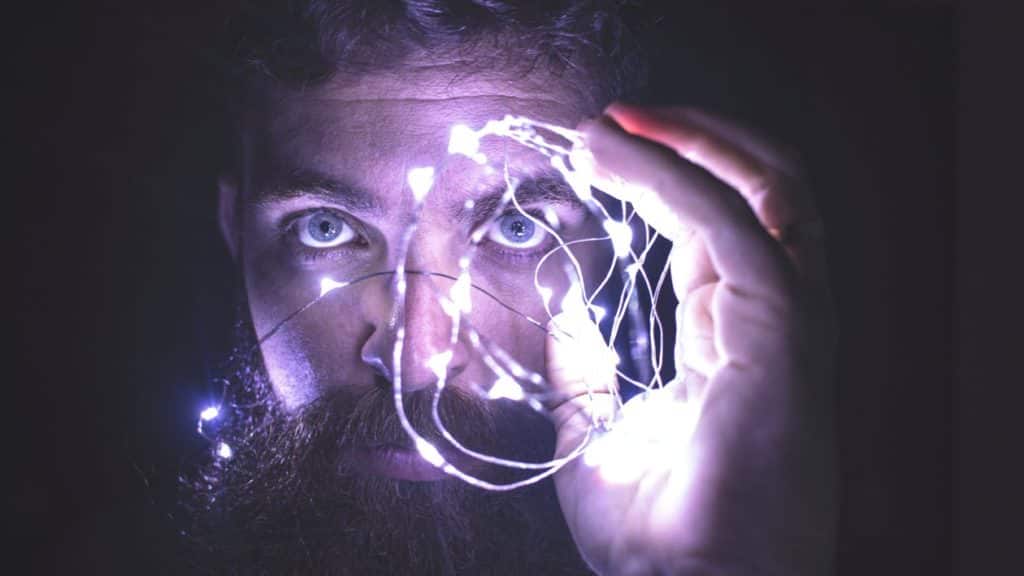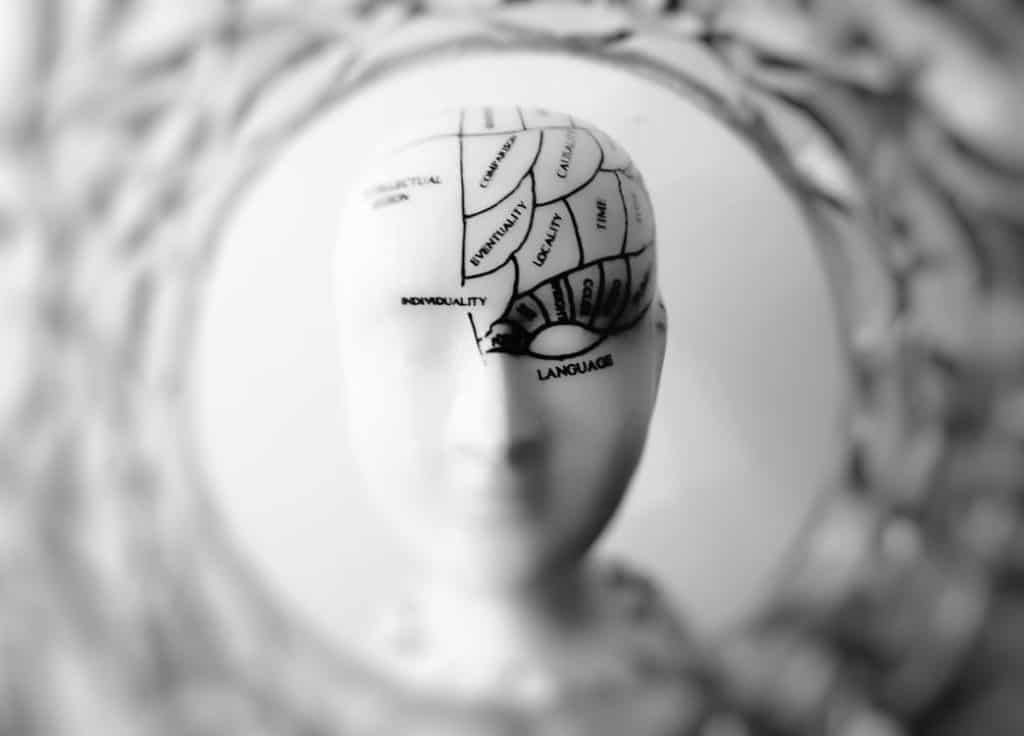Studying the human mind is a difficult and lengthy endeavor for medical scientists, psychologist, psychologists and other fields with interests there. The primary reason is that to untangle many mysteries of how the human brain works we would have to break many laws which guarantee the humane treatment to all people. While it would make an excellent experiment to study family dynamics effect on children in a clinical setting, that would require having kids born into a social petri-dish, so to speak, and essentially abused for their entire upbringing without any guarantees that the experiment would produce immediately tangible results that could justify child abuse of this kind of magnitude. Furthermore, to verify the results, more children would have to be treated the same way.
Likewise, studying addiction in the same way that other sciences have the luxury of creating a vacuum around that thing for which they want to learn or prove would be akin to any moral play in literature or film where a ‘mad scientist’ does human experiments that change people into monsters and rampage on a town. It’s just the nature of the study and there are many fields of science that find roadblocks to ideal situations for which to test their hypothesis’.
Situations like this require analogues, to which mice largely end up playing the role of human as they are the closest mammals which have enough in common with humans in the area being studied. A new research project has discovered that the cerebellum, a part of the brain that is known for motor control, is actually linked to risk-reward behaviors as well, a key component that is over-ridden and manipulated by addictions of all kinds as revealed by testing mice.
The researchers at Albert Einstein College of Medicine in Bronx, NY, hypothesized a connection between dopamine release, which is widely known as a process that is hijacked by addiction, and the cerebellum; ‘motor actions have to be getting the information to behave from somewhere and reflects behavior, so why wouldn’t dopamine have a part in this decision process’ was essentially the springboard for the study.
“The notion that the cerebellum did much beyond controlling movement was met with a lot of skepticism and no one had any real clues as to how the cerebellum might affect dopamine release,” the study’s senior author noted. The ventral tegmental area (VTA) has also part of reward processing are of the brain and was also measured in the study because of its relevance, with the idea being that somehow it might be coordinating dopamine with the cerebellum.
Using optogenetics, a technique which genetically modifies neurons so that they respond to light, the scientists activated axons of neurons in the cerebellum through the increased photosensitivity. In other words, they used light, something that mice tend to avoid when possible, to stimulate pleasure in the mice. This meant that affected mice would actively go against their nature for the sake of pleasurable sensation.
Using brain imaging technology, they found that the VTA was indeed communicating with the cerebellum, meaning that the component of the brain responsible for processing pleasure in conjunction with dopamine releases, were indeed being influenced by the cerebellum. This new information is but one piece of the puzzle as researchers look for more effective ways of addiction treatment and prevention.

Even without a wonder drug that this study might lead to in the future, it’s important to seek treatment for substance abuse disorders. Newport Beach drug addiction hotline at 855-858-6803 will connect you with Northbound addiction treatment facilities to get you or someone you love drug use help.
Author
-

President, CEO & Founder at Northbound Treatment Network
Paul Alexander is the CEO, President & Founder of Northbound Treatment Network in Newport Beach, California. He believes wholeheartedly in transformational leadership, organizational health and effective, fully integrated substance use disorder and mental health treatment. With over 27 years of experience in behavioral healthcare, Paul has extensive knowledge of “in vivo” treatment modalities, clinical development, operations, strategy, marketing and financial planning. He has been widely recognized for his development of collegiate-based residential treatment programs for students in recovery and authored a research study at The University of California confirming this modality’s effectiveness.
Paul’s comprehensive professional experience, willingness to innovate, and emphasis on organizational health are vital factors in Northbound’s continued success. Paul received his Certified Addiction Treatment Specialist training at Saddleback College in Mission Viejo, CA, and was awarded Outstanding Alumni Service Award in 2002. Paul holds a Bachelor of Arts degree in Criminology, Law and Society, Summa Cum Laude, from University of California, Irvine, and a Juris Doctorate degree from Loyola Law School of Los Angeles. Paul currently serves on The National Association of Addiction Treatment Providers (NAATP) board. In addition, he serves on The Family Recovery Foundation board and The CarePossible board in Orange County; both organizations are committed to raising funds for family recovery and treatment for former military personnel. Paul is in recovery himself and lives in Orange County with his wife Silvana and his two young sons, Noah and Dean.










